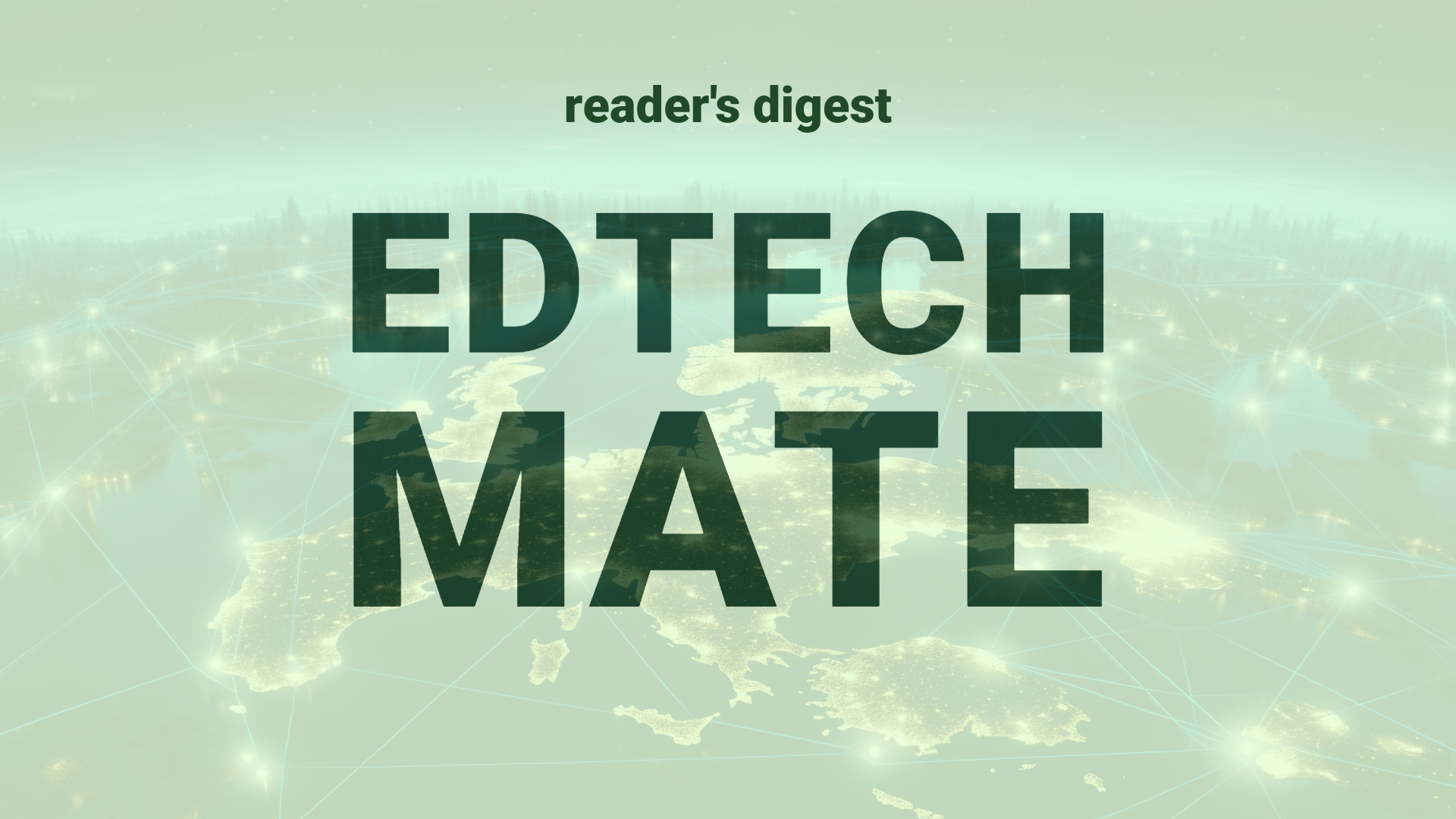“`html
Executive Summary and Main Points
In the landscape of digital transformation, the integration of Artificial Intelligence (AI) into the global higher education sector is marking a significant shift. Key innovations include Contoso Chat, an AI-based support agent utilizing Retrieval Augmented Generation for improved response accuracy, and PromptFlow, which maximizes the efficiency of dialog flow management in AI application development. Microsoft Azure is providing a comprehensive environment for enterprise-level application building, embarking on a synergistic amalgamation of AI services, cloud-scale data, and cloud-native app development to foster unique digital experiences.
Potential Impact in the Education Sector
Developments in AI on platforms like Microsoft Azure possess the potential to transform Further Education and Higher Education through enhanced learning tools and support systems. The implementation of intelligent conversational agents can provide students with immediate, contextually relevant information and academic support, empowering personalized learning experiences and administrative efficiency. For Micro-credentials, AI can facilitate more personalized and adaptable learning pathways, allowing for the easy alignment with career goals and industry demands. Furthermore, these innovations foster strategic partnerships between technology providers and educational institutions, promoting the digitalization of the education sector at large.
Potential Applicability in the Education Sector
Educational institutions can tap into the potential of AI and digital tools provided by platforms like Microsoft Azure to enhance learning outcomes. AI can be used in adaptive learning platforms which tailor content to individual students’ needs, augmenting traditional teaching methodologies. Moreover, AI-driven analytics can inform strategic decision-making processes while enabling more efficient resource allocation and student tracking systems within global education systems. The applicability extends to AI-facilitated academic research, where large datasets can be analyzed more swiftly, unearthing new insights to push the boundaries of knowledge.
Criticism and Potential Shortfalls
Despite the promise held by AI in education, critical analysis reveals potential shortfalls such as data privacy concerns, potential bias in AI algorithms, and the demand for high-level technical skills to manage such platforms. Comparative international case studies indicate a disparity in AI adoption rates, affected by infrastructure readiness and cultural attitudes towards AI. Ethical considerations also come into play, particularly regarding the responsible use of AI in education, ensuring fairness, transparency, and alignment with the diverse global educational needs and norms.
Actionable Recommendations
It is recommended that international education leadership takes a proactive approach in implementing these emerging technologies. Initial investments should be made in training staff and educators to handle AI tools and interpreting AI-provided data. Educational institutions should consider pilot projects to integrate AI responsibly, starting with non-critical aspects of education to test and learn. Furthermore, to uphold ethical AI practices, an international framework for AI in education should be developed, setting standards for responsible uses that align with varied cultural and ethical standards globally.
“`
Source article: https://techcommunity.microsoft.com/t5/educator-developer-blog/building-intelligent-apps-with-microsoft-azure-ask-the-experts/ba-p/4111880

